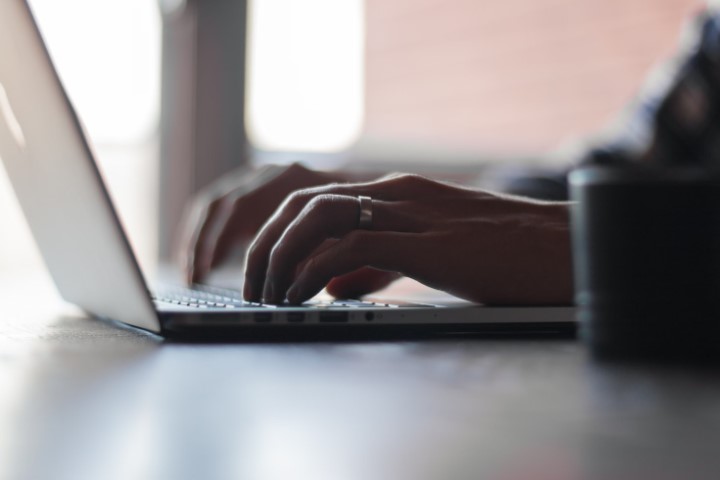Social media has become an integral part of our daily lives, shaping how we communicate, interact, and consume information. Whether we realize it or not, the influence of social media on our daily lives is profound and far-reaching.
One of the most significant ways that social media impacts our daily lives is in how we communicate with others. Platforms like Facebook, Twitter, Instagram, and WhatsApp have revolutionized the way we stay in touch with friends, family, and even strangers. Gone are the days of writing letters or making phone calls to catch up with loved ones – now all it takes is a quick message or post to see what someone is up to, share an update, or express our thoughts and feelings.
Social media has also changed how we interact with the world around us. With the rise of influencers, bloggers, and online personalities, we are constantly bombarded with images and messages that shape our perceptions of beauty, success, and happiness. From curated Instagram feeds to expertly crafted YouTube videos, social media has a profound influence on how we see ourselves and others, often leading to feelings of inadequacy or FOMO (fear of missing out).
The impact of social media on our daily lives extends beyond just communication and self-perception – it also affects how we consume information and stay informed. With the rise of fake news, echo chambers, and filter bubbles, our online experiences are often shaped by algorithms that prioritize sensationalist content over reliable information. This can have real-world consequences, as misinformation spreads like wildfire and shapes public opinion on important issues.
Moreover, social media has changed how we connect with brands, businesses, and organizations. With sponsored posts, targeted ads, and influencer partnerships, companies can now reach their target audience directly through social media platforms, bypassing traditional advertising channels. This has reshaped the way we shop, research products, and make purchasing decisions, often blurring the line between content and commercials.
Despite its many benefits, social media also comes with its fair share of drawbacks. From cyberbullying and online harassment to addiction and privacy concerns, the negative effects of social media on our mental health and well-being are well-documented. Studies have shown that excessive social media use can lead to feelings of isolation, anxiety, and depression, as well as poor sleep habits and decreased productivity.
So, what can we do to mitigate the influence of social media on our daily lives? One possible solution is to be more mindful of our online habits and practices. By setting boundaries, limiting screen time, and taking regular breaks from social media, we can reduce the negative impact that it has on our mental and emotional well-being. Additionally, we can also be more critical of the content we consume, fact-checking information and questioning the sources behind sensationalist headlines.
Another way to minimize the influence of social media on our daily lives is to prioritize real-world connections and experiences. By spending more time engaging with friends and family in person, pursuing hobbies and interests outside of the digital realm, and practicing mindfulness and self-care, we can create a healthier balance between our online and offline lives.
In conclusion, the influence of social media on our daily lives is undeniable. From how we communicate and interact with others to how we consume information and make decisions, social media shapes our perceptions, behaviors, and experiences in profound ways. While there are many benefits to using social media, it is important to be mindful of its potential drawbacks and take steps to minimize its negative impact on our mental and emotional well-being. By finding a healthy balance between our online and offline lives, we can harness the power of social media for good while protecting ourselves from its harmful effects.








